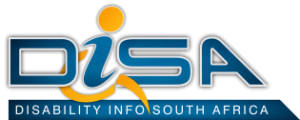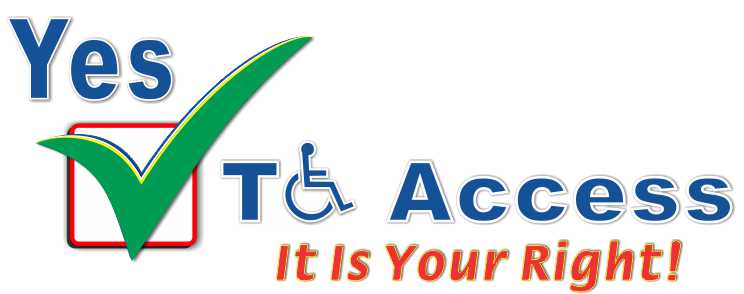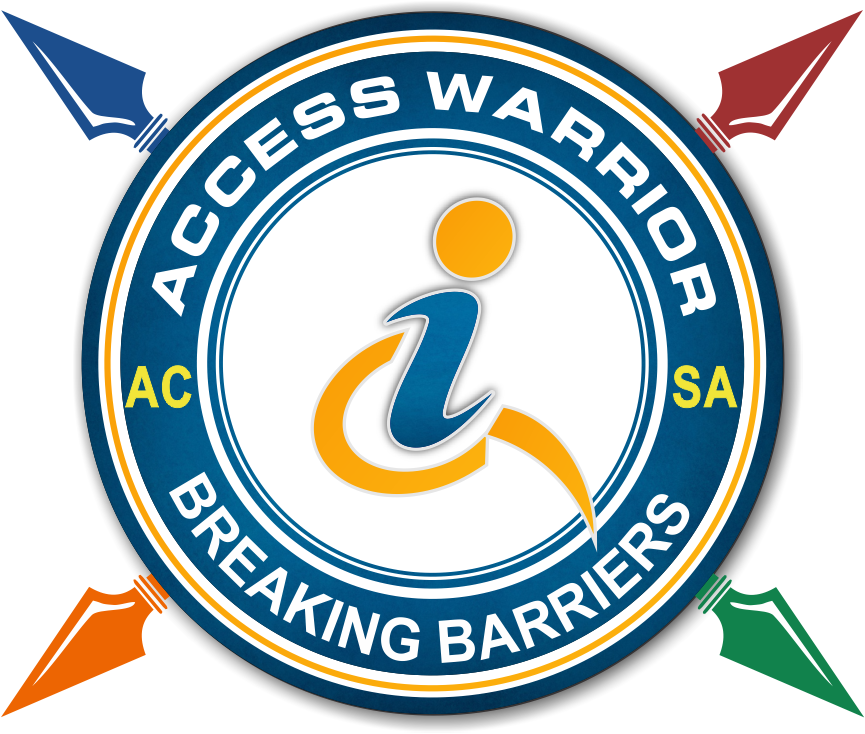
Employment Inequality & Exclusion
The Employment Equity Act (1988) seeks to promote and achieve equity in the workplace. It specifically prohibits the unfair discrimination of employees on the ground of disability. Chapter 3 deals with the employer’s duties regarding affirmative action, ensuring that persons from designated groups, such as people with disabilities, have equal job opportunities.
The Labour Act (1995), embedded in the Section 27 of the Constitution, regulates the right to fair labour practices. No person may be unfairly discriminated against on an arbitrary ground such as disability.
The following are some of the criteria which might be available and non-compliant or unavailable:
- Designated Accessible Parking Bays.
- Signage.
- Steps, ramps and stairs.
- Attitudinal Barriers from management and staff.
- Unisex Accessible Toilets.
- Office layout and Circulation space.
- Ergonomic chairs and work station design
- Counter heights and kitchen & cafeteria facilities
- Web and technology accessibility.
- Emergency Evacuation Plans
If you believe that you have been discriminated against through Non-Compliant Buildings and Employment Inequality & Exclusion, please feel free to fill out and submit our Disability Discrimination Complaint (DDC) Form, which we will review, then take to the relevant authororities.
You can also read the information and follow the links below to find out more about Disability Equality and accessibility in the work place and the companies and organisations that provide Disability Equity Training and are Disability Access Consultants in South Africa.
The South African National Standard for Building Regulations
Persons with disabilities are often excluded from many events, services, information, communication, products and venues because during the planning phases all users were not considered. This can be prevented by applying Universal Design Principals during the design phase. Government Regulations have been put in place in South Africa and around the world to try to make public places more accessible to persons with disabilities. These government regulations are known as Accessible Features and are meant to ensure that accommodation and transport is accessible and that equal opportunities and rights are available for all persons with disabilities.
Organizations & Companies That Can Assist With Universal Design & Access
Unfortunately many buildings in South Africa were not designed and built to accommodate wheelchair users or the elderly, as well as other persons with disabilities. Due to this inaccessibility many persons with disabilities are not adequately accommodated in the workplace.There are now various Organizations and Companies that specialize in Universal Design and Access to make sure that persons with disabilities are not excluded from any events, services, information, communication, products and venues. These Organizations and Companies that can assist in different ways include:
Disability Equity Training
Many public and private sector bodies have gradually realised that their work practices and policies fall far short of fulfilling the needs, rights and aspirations of persons with impairments who are their clients, customers and co-workers and that, in order to change this situation, they need to turn to persons with impairments for education and guidance. From this realisation has grown the demand for Disability Equality Training (DET) run by persons with impairments, which aims to help people understand the meaning of disability, identify changes in work practice, and plan strategies to implement change.
Disability Equality Training courses have been organised and run by persons with impairments and organizations to address the need for information about reality of disability. A DET course will enable participants to identify and address discriminatory forms of practice towards persons with impairments. Through training they will find ways to challenge the organisational behaviour which reinforces negative myths and values and which prevents persons with impairments from gaining equality and achieving full participation in society.
There are various Companies and Organizations who offer these Disability Equality Training courses and workshops, they include the National Council of and for Persons with Disabilities (NCPD) and Bradshaw LeRoux Consulting.



